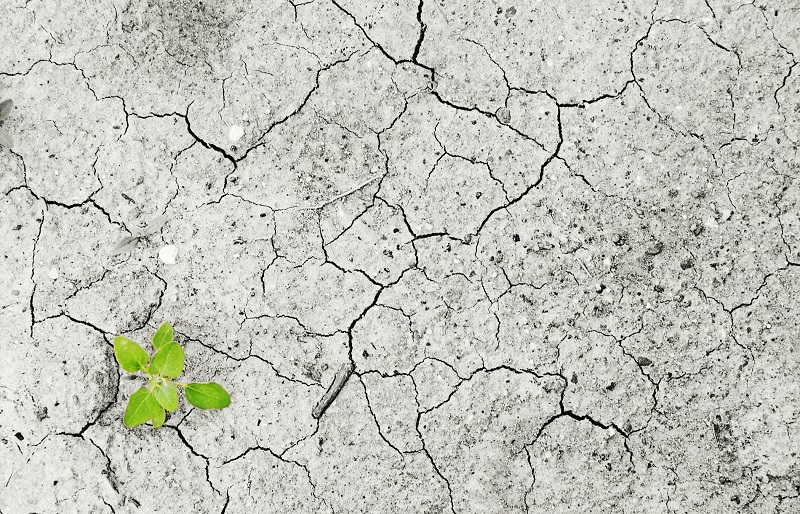

Date: 06 December 2021

The United Nations Global Climate Summit, also known as COP26, kicked off on October 31, in Glasgow, Scotland with nearly 200 countries participating, to bring state parties together once again to facilitate a consensus over the goals of the Paris Agreement and the UN Framework Convention on Climate Change, and Iran, as a strategic actor in the Middle East, and one of the main fossil fuel producers in the region, was also a participant. The fact that the country is highly exposed to the effects of climate change because of being geographically located in an arid and semi-arid region, which has resulted in increases in temperature, declines in precipitation, drought and loss of biodiversity over the past years, makes it more important for Iran to adopt a more practical approach towards climate related issues.
According to Iranian officials who attended the COP26, the country intends to modify national laws and policies to reform energy consumption patterns, since it is crucial for all countries to contribute to reduction of greenhouse gas emissions in order to achieve the goal of limiting the rise in global temperatures to just 1.5 degrees Celsius.
However, one significant barrier prevents Iran from doing so: Sanctions. As it is stated by Iranian officials, “If sanctions are lifted and funding is provided, there would be no obstacle to the realization of Net-zero programs in Iran and therefore, the country could contribute more effectively to reductions of greenhouse gas emissions, since it would only be possible at that time for modern technologies and finances to be transferred to the country in order to for infrastructures to be modernized to maintain Net-zero.”
Although the negotiations and agreements were promising overall, Iran was not satisfied with one specific resolution of the draft: phasing out fossil fuel subsidies on paragraph 36. Iran expressed its support for India, the representative of which stated that in a situation when developing countries are still struggling with advancement of their development agendas and eradication of poverty, it would be impossible for them to make promises about phasing out coal and fossil fuel subsidies. That was why such countries criticized the agreement for “lacking balance”, as they found it unfair to be prevented from using what they call “carbon budget” to make their ends meet.
The United Nations Global Climate Summit, or also known as COP26, kicked off on October 31, in Glasgow, Scotland with nearly 200 countries participating, to bring state parties together once again to facilitate reaching a consensus over the goals of the Paris Agreement and the UN Framework Convention on Climate Change, and Iran, as a strategic actor in the Middle East, and one of the main fossil fuel producers in the region, was no exception.